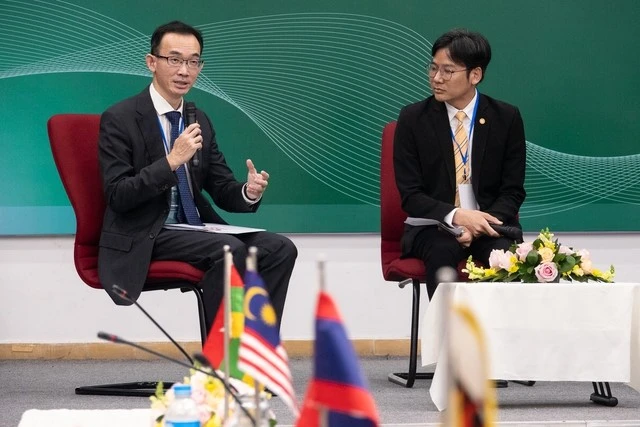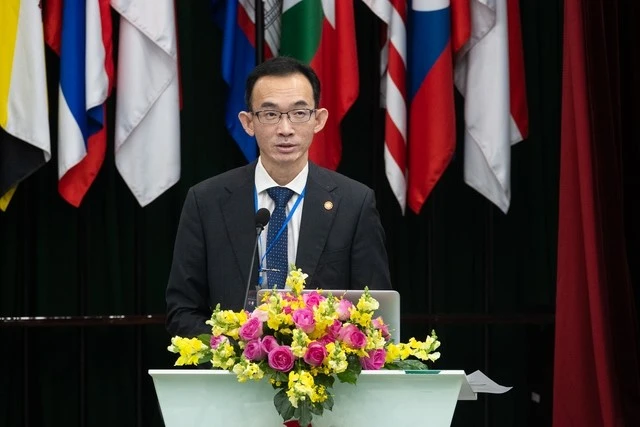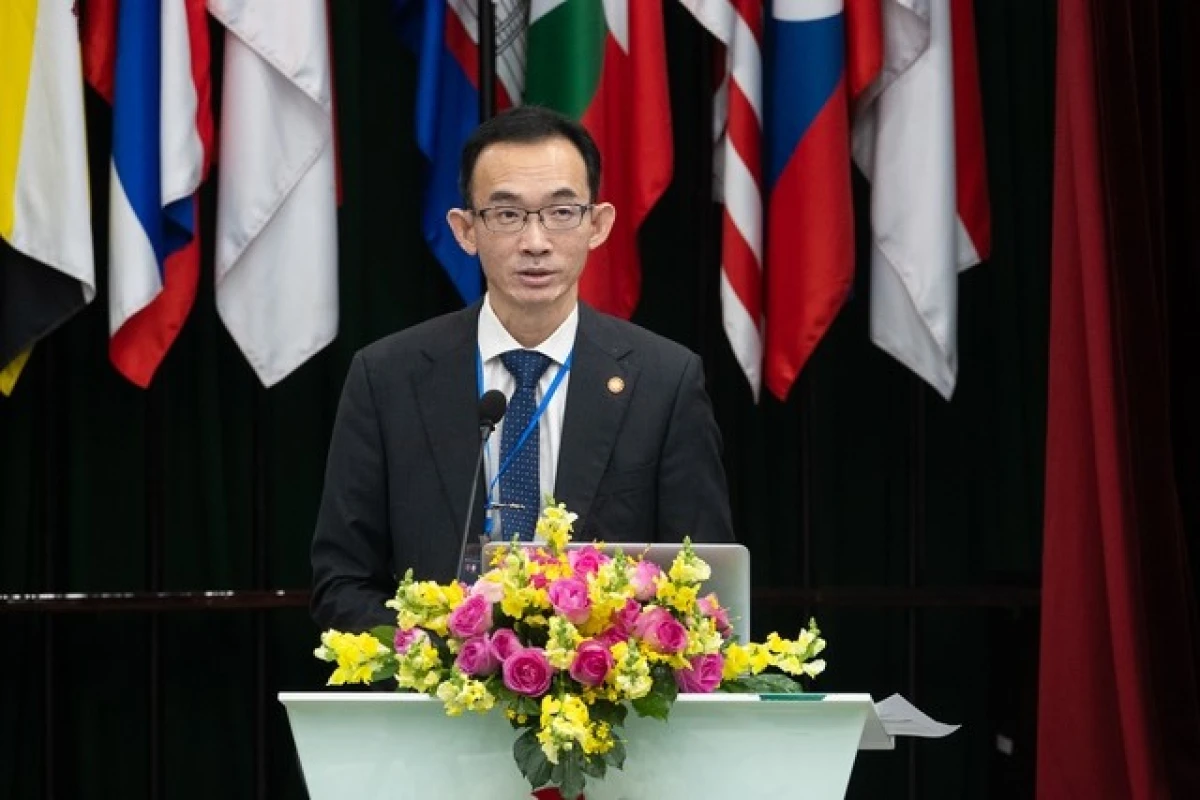Whether or not to ban students from using mobile phones in schools is a hotly debated topic, and the same is true in Singapore, which has one of the top education systems in Southeast Asia.

Mr. Lee Yan Kheng, Director of Professional Development, Branch 1, Teachers' Academy (Ministry of Education, Singapore)
Some schools ban, some don't, why?
On September 25, the Southeast Asian Ministers of Education Organization's Regional Training Center in Vietnam (SEAMEO RETRAC) organized an education forum with the theme "Orientation of leadership and management for the future development of education". Sharing at the event, Mr. Lee Yan Kheng, Director of Professional Development, Branch 1, Teachers' Academy (Ministry of Education of Singapore), gave some opinions on banning students from using mobile phones.
According to Mr. Lee Yan Kheng, the Singapore Ministry of Education does not stipulate a general policy that all schools must comply with. Instead, this agency respects the autonomy of the school, so the principal and the teaching staff will consult and make the decision. Whether or not to ban students from using mobile phones depends on each school, there is no "common denominator".
"In reality, some schools require students to put their phones in lockers, prohibiting students from using them during class, but students are allowed to use them freely during breaks or after school. However, there are also units that consider mobile phones a learning tool, so they allow students to use them during class without any restrictions," said an official from the Singapore Ministry of Education. This reality is also the reason why Mr. Lee Yan Kheng believes that before deciding to ban or allow the use of mobile phones, the relevant parties need to ask themselves, "Why don't we want students to use phones while they are in class?". Finding a reasonable answer to this question is extremely important, from which we can convince relevant parties to trust and effectively implement it.

Mr. Lee Yan Kheng (left) said that the Singapore Ministry of Education respects the autonomy of schools, so the principal and teachers will consult and make decisions about students' use of mobile phones in school.
Previously, many high schools in Ho Chi Minh City had issued regulations prohibiting students from using phones during class time, some even applied it during recess, lunch, and lunch breaks. This move took place in both public and private sectors, both in suburban schools as well as schools with top-notch admission scores. This determination was immediately supported by parents, who said that this was necessary when it did more harm than good in the context of Vietnamese education.
Digital education
Also related to the issue of technology, Mr. Lee Yan Kheng emphasized that schools must be places that help students have the ability to develop in the VUCA world (an acronym for English words meaning: volatile, uncertain, complex, ambiguous). Therefore, in addition to general knowledge, schools must focus on building 21st century competencies for students, especially adaptive thinking, creative thinking, communication skills and knowledge about people.
"To support this goal, from 2020, high school students in Singapore can flexibly choose subjects that suit their strengths, interests, and needs. As for the technology story, the main issue is not whether you choose to use this or that, but to spread the application of technology in a variety of activities. In which, teachers are the first team to be concerned, then students," Mr. Lee Yan Kheng shared.

